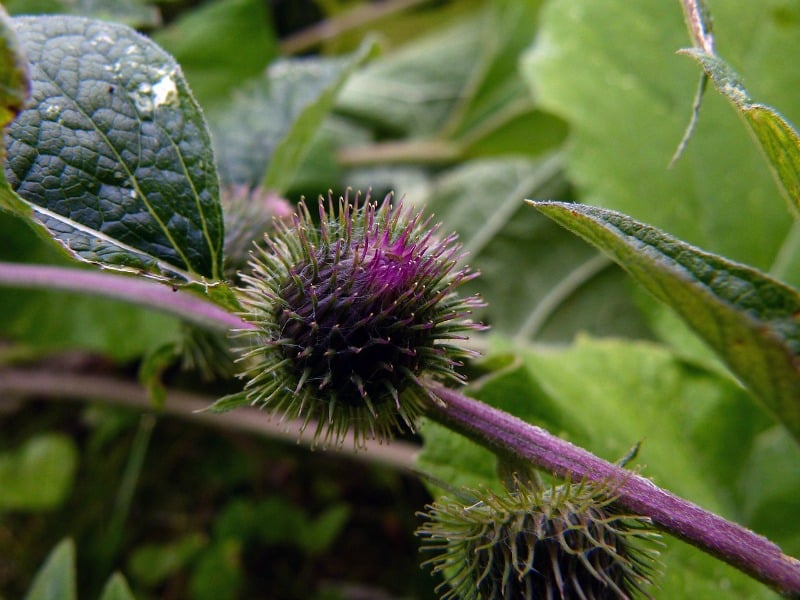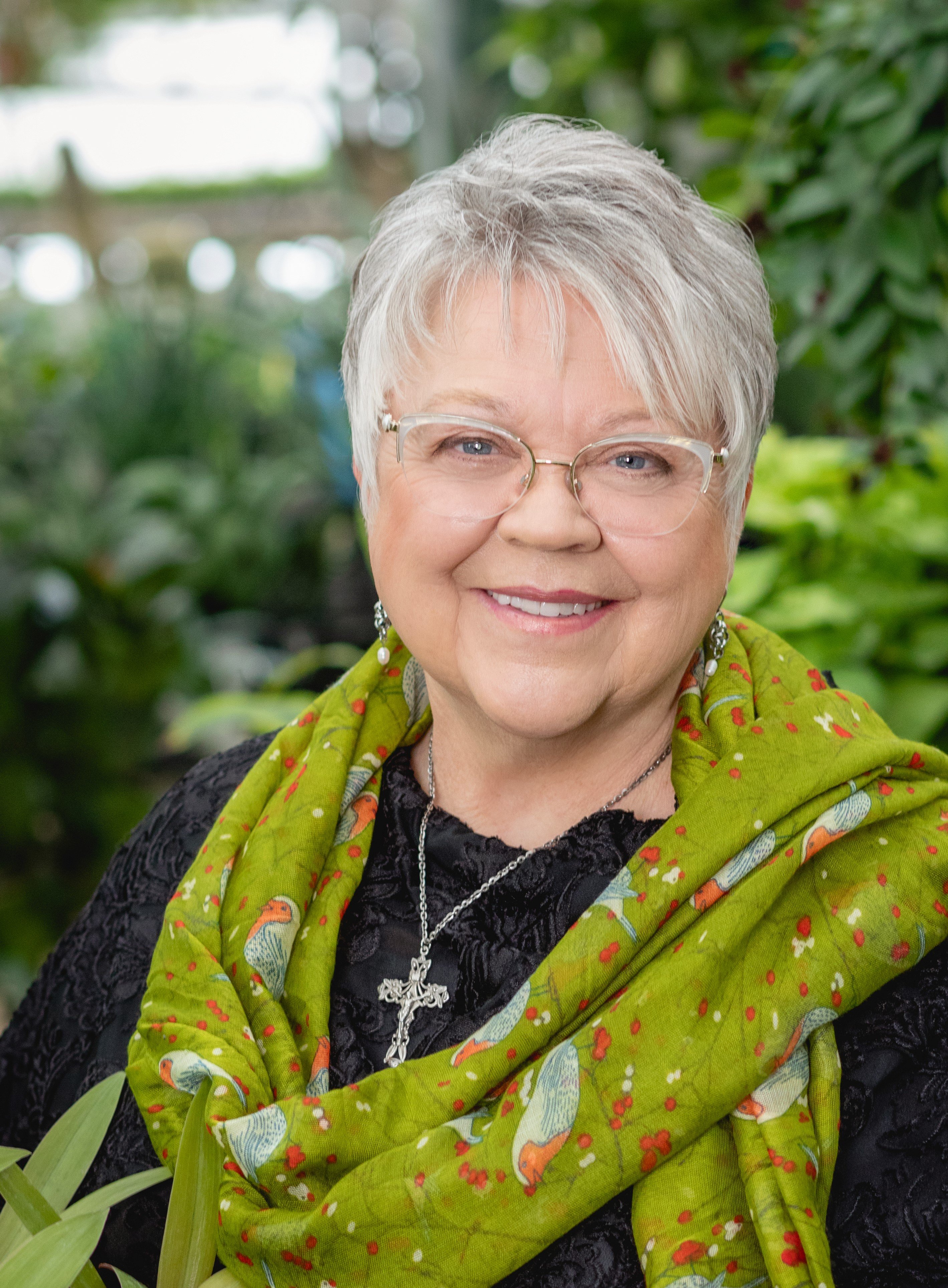 Via
Pixabay (2012), CC0 Public Domain
Via
Pixabay (2012), CC0 Public Domain
Weeds. Even in the small garden they are a bother. I yank them out and throw them onto the driveway, making a mess instead of tossing them in a bucket to be composted.
Composting is a good thing, though. We take weeds and organic waste, and jumble it together to make a rich soil. This new material spread around plants gives nourishment for growth and fruitfulness.
Light and water, when added to the waste pile, encourage microorganisms to break down the unwanted materials. It takes both fresh green material and old, dried-up matter to create good compost.
There is purposefulness to composting. It requires a willingness to carry your weeds to a place to be transformed into what gardeners often call “black gold.” It takes some work, too. Once the waste is gathered and piled in a sunny spot, and watered down to activate its decomposition, it must be turned regularly. Sure, the compost can sit unattended, but then the process is incomplete and the weeds will grow happy in the mound of compost.
[tweet "Weeds and waste will always be part of the garden of our souls. By @realym"]
Weeds and waste will always be part of the garden, even the garden of our soul in which the Lord takes his delight. He knows that. He also knows the value of weeding out and composting the waste for one’s inner garden to become more productive, more fruitful.
I find that Adoration is the place of this transformation, where the pile of debris gets flipped, where composting the black of sin—old or fresh—is changed, slowly, into something of value, gold—the black gold of the garden that nourishes.
I wonder why I am so unsettled by the thought of composting the waste in my life.
In my heart there is forgiveness, many times for the actions of others, and almost as many for my own. I never realized my unwillingness to go beyond forgiveness—the pulling of weeds—to the cycle of finding purposefulness from the discarded waste. The waste of life that was rooted out is strewn about, untidy, unkempt, and unattended, re-rooting to grow again.
And here I thought weeding was enough.
Copyright 2014, 2017 Margaret Rose Realy, Obl. OSB. Originally published April 29, 2014, patheos.com
About the Author

Margaret Rose Realy, Obl. OSB
Margaret Rose Realy, Obl. OSB lives an eremitic life and authored A Garden Catechism, A Catholic Gardener’s Spiritual Almanac, A Garden of Visible Prayer: Creating a Personal Sacred Space One Step at a Time, and Cultivating God’s Garden through Lent. An award-winning author, Margaret has a master’s degree in communications, is a Certified Greenhouse Grower, Master Gardener, liturgical garden consultant, and workshop/retreat leader.


.png?width=1806&height=731&name=CatholicMom_hcfm_logo1_pos_871c_2728c%20(002).png)
Comments